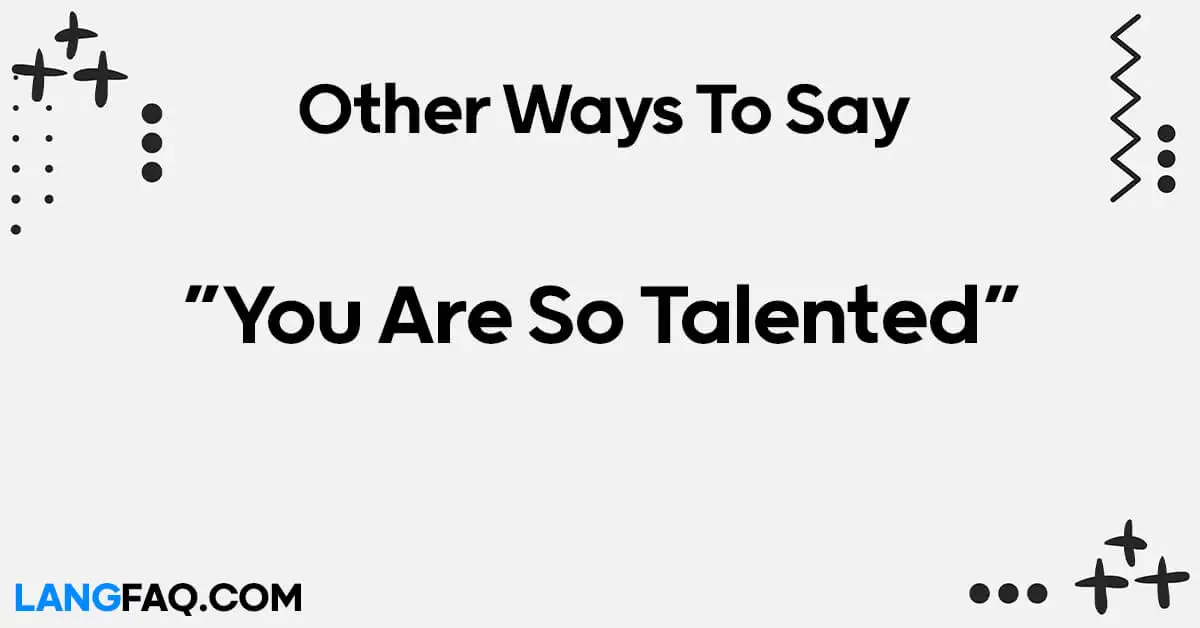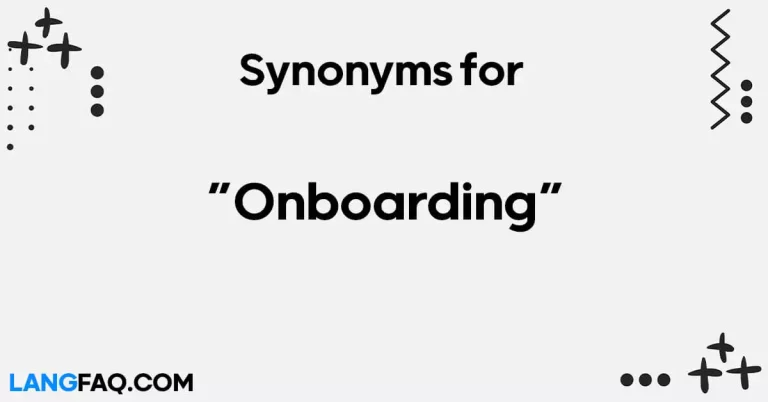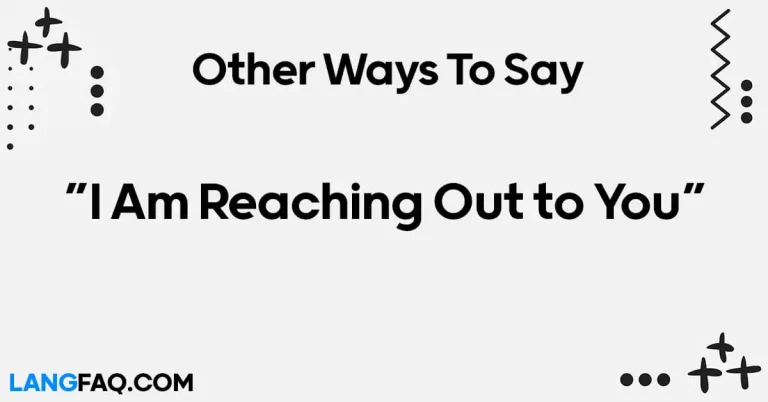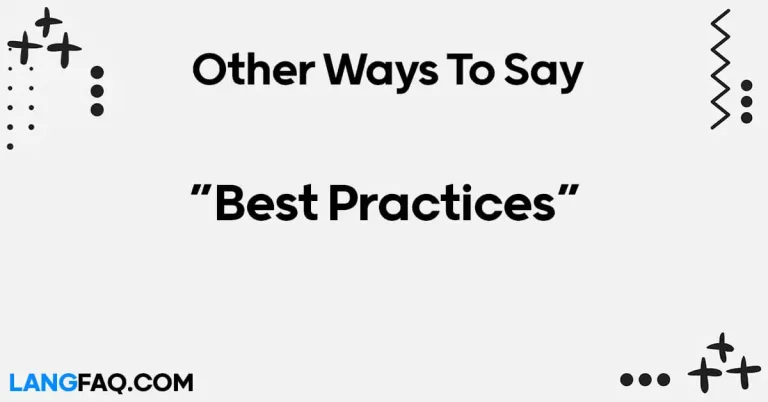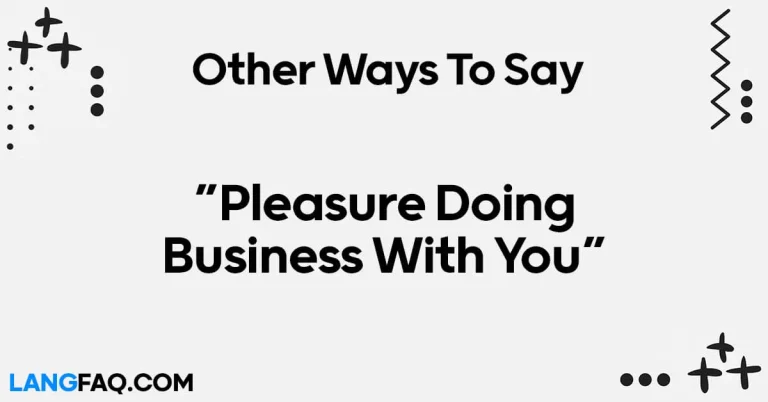Welcome to an enlightening journey of linguistic enrichment! In this article, we’re going to delve into the art of complimenting talent and creativity with finesse.
Imagine being able to express “You Are So Talented” in twelve captivating ways, elevating your communication game to a whole new level. Whether you’re a language enthusiast, a writer, or just someone who loves to appreciate skill, this guide is tailored for you.
Key Takeaways:
- Unlock a dozen alternatives to the overused phrase “You Are So Talented.”
- Expand your vocabulary and impress others with your language proficiency.
- Learn how to add depth and nuance to your compliments.
- Master the art of giving sincere and memorable compliments.
Compliments are the currency of social interaction, and when it comes to praising someone’s talents and skills, you want to stand out from the crowd. Rather than relying on the same old phrase, “You Are So Talented,” let’s explore a treasure trove of eloquent alternatives that will not only make your words memorable but also boost your vocabulary.
12 Other Ways to Say “You Are So Talented”
- You’re exceptionally gifted: Start with an elegant and refined expression. This phrase conveys a sense of awe for their extraordinary talents.
- Your skills are unmatched: Highlight their unparalleled abilities, emphasizing their superiority in a particular field.
- You possess an extraordinary talent: Use this phrase to emphasize the exceptional nature of their gift.
- You’re incredibly skilled: Simple yet effective, this expression acknowledges their impressive level of expertise.
- Your talent knows no bounds: Suggest that their abilities have endless potential and room for growth.
- You’re a true virtuoso: This term is often associated with exceptional musicians but can be applied to any field to convey mastery.
- Your abilities are second to none: Emphasize their unrivaled position among their peers.
- You have an exceptional knack: Highlight their natural aptitude for their craft.
- You’re a prodigy: Reserved for those with extraordinary talents, this term implies innate genius.
- You excel in your craft: Acknowledge their outstanding performance and dedication to their skill.
- You’re a maestro: Suggesting a level of mastery, this term is perfect for those who have achieved excellence.
- You’re a marvel: Use this to express wonder and amazement at their talents.
1. “You’re Incredibly Gifted”
Definition: The word “gifted” implies having a natural talent or exceptional ability in a particular area.
Usage in Formal Context:
- In a professional setting, you might say, “Your analytical skills are incredibly gifted, and that’s why we value your input in our team meetings.”
Usage in Informal Context:
- Among friends, you can say, “You’re incredibly gifted at making people laugh; you always brighten our gatherings.”
Variations:
- Colleagues: “You’re exceptionally skilled.”
- Friends: “You’ve got an amazing talent.”
- Mentor-Mentee: “Your talent is truly remarkable.”
Example Sentence:
- “Her ability to learn new languages effortlessly is truly remarkable.”
Related Knowledge:
- According to the Cambridge Dictionary, “gifted” is defined as having special abilities in a particular subject or activity.
2. “Your Skills Are Exceptional”
Definition: “Exceptional” indicates that someone’s skills stand out as being outstanding or extraordinary.
Usage in Formal Context:
- In a professional context, you can say, “Your project management skills are exceptional, and that’s why we trust you with these important tasks.”
Usage in Informal Context:
- Among friends, you might say, “Your cooking skills are exceptional; this meal is amazing!”
Variations:
- Colleagues: “Your expertise is outstanding.”
- Friends: “You’re unbelievably good at this.”
- Mentor-Mentee: “Your skills are truly extraordinary.”
Example Sentence:
- “His exceptional leadership qualities have made our team more successful.”
Related Knowledge:
- The word “exceptional” is commonly used to describe something that is not typical and is much better than usual, as per Cambridge Dictionary.
3. “You Possess Remarkable Expertise”
Definition: “Expertise” refers to having specialized knowledge or skill in a particular field.
Usage in Formal Context:
- In a professional setting, you could say, “Your remarkable expertise in data analysis has greatly improved our decision-making process.”
Usage in Informal Context:
- Among friends, you might express, “Your gardening expertise is truly impressive; I wish I had a green thumb like you.”
Variations:
- Colleagues: “You have exceptional knowledge.”
- Friends: “You’re really knowledgeable in this area.”
- Mentor-Mentee: “Your expertise is truly remarkable.”
Example Sentence:
- “Her remarkable expertise in marketing has contributed to the company’s growth.”
Related Knowledge:
- “Expertise” is defined as specialized knowledge or skill in a particular subject or activity, according to Cambridge Dictionary.
4. “You’re a True Virtuoso”
Definition: A “virtuoso” is someone who is highly skilled and accomplished in a particular art or activity.
Usage in Formal Context:
- In a professional context, you might say, “She’s a true virtuoso in negotiation; her strategies are unmatched.”
Usage in Informal Context:
- Among friends, you could exclaim, “You’re a virtuoso at playing the guitar; your music always amazes us.”
Variations:
- Colleagues: “You’re an absolute master.”
- Friends: “You’re incredibly talented.”
- Mentor-Mentee: “You’re a virtuoso in your field.”
Example Sentence:
- “His ability to solve complex problems quickly makes him a true virtuoso in mathematics.”
Related Knowledge:
- According to Cambridge Dictionary, a “virtuoso” is a person who is extremely skilled at something, especially at playing a musical instrument.
5. “You’re a Maestro in Your Craft”
Definition: A “maestro” is someone who is considered a master or an expert in their field, especially in music or the arts.
Usage in Formal Context:
- In a professional setting, you can say, “He’s a maestro in project management; his leadership has been instrumental in our success.”
Usage in Informal Context:
- Among friends, you might say, “You’re a maestro at organizing events; this party is fantastic!”
Variations:
- Colleagues: “You’re a true expert.”
- Friends: “You’re a genius at this.”
- Mentor-Mentee: “You’re a maestro in your chosen field.”
Example Sentence:
- “Her artistic skills make her a true maestro in the world of painting.”
Related Knowledge:
- The term “maestro” is commonly used to refer to a master or teacher in music, and it has been extended to other fields as well, according to Cambridge Dictionary.
6. “You’re a Genius at What You Do”
Definition: Referring to someone as a “genius” suggests that they possess exceptional intelligence or talent in their field.
Usage in Formal Context:
- In a professional setting, you could say, “His innovative ideas are proof that he’s a genius at what he does.”
Usage in Informal Context:
- Among friends, you might express, “You’re a genius in the kitchen; your culinary creations are always incredible!”
Variations:
- Colleagues: “You have a brilliant mind for this.”
- Friends: “You’re incredibly smart at this.”
- Mentor-Mentee: “You’re a genius in your area of expertise.”
Example Sentence:
- “Her ability to solve complex engineering problems shows that she’s a genius in her field.”
Related Knowledge:
- “Genius” is defined as exceptional intellectual or creative power or other natural ability, as per Cambridge Dictionary.
7. “You’re a Wizard in Your Field”
Definition: Calling someone a “wizard” implies that they possess magical or extraordinary skills in their area of expertise.
Usage in Formal Context:
- In a professional context, you can say, “He’s a wizard at financial analysis; his insights are invaluable.”
Usage in Informal Context:
- Among friends, you might say, “You’re a wizard with technology; you always fix our gadgets.”
Variations:
- Colleagues: “You’re a magical expert.”
- Friends: “You’re like a wizard in this.”
- Mentor-Mentee: “You’re a wizard in your chosen field.”
Example Sentence:
- “Her ability to predict market trends is nothing short of wizardry.”
Related Knowledge:
- “Wizardry” refers to the art, skill, or practice of a wizard; it is often used metaphorically to describe exceptional expertise, according to Cambridge Dictionary.
8. “You’re Truly Accomplished”
Definition: Being “accomplished” means achieving a high level of skill, often through dedication and effort.
Usage in Formal Context:
- In a professional setting, you could say, “Her track record of successful projects proves she’s truly accomplished.”
Usage in Informal Context:
- Among friends, you might express, “You’re truly accomplished in your hobbies; you excel in so many things!”
Variations:
- Colleagues: “You’re highly skilled.”
- Friends: “You’re really good at this.”
- Mentor-Mentee: “You’re accomplished in your field.”
Example Sentence:
- “His accomplishments in the field of literature are widely recognized.”
Related Knowledge:
- “Accomplished” means highly skilled or very good at something, as defined by Cambridge Dictionary.
9. “You’re a Skillful Artisan”
Definition: An “artisan” is someone who is skilled in a craft or trade and produces high-quality work.
Usage in Formal Context:
- In a professional context, you can say, “She’s a skillful artisan when it comes to creating handcrafted jewelry.”
Usage in Informal Context:
- Among friends, you might say, “You’re a skillful artisan in the kitchen; your homemade bread is delightful!”
Variations:
- Colleagues: “You’re a craftsman in your field.”
- Friends: “You’re an artist at this.”
- Mentor-Mentee: “You’re a skilled artisan in your area.”
Example Sentence:
- “His reputation as a skillful artisan in woodworking is well-deserved.”
Related Knowledge:
- “Artisan” refers to a person skilled in a particular craft, as per Cambridge Dictionary.
10. “You’re a Connoisseur of Your Craft”
Definition: A “connoisseur” is someone who has refined taste and expertise in a particular field.
Usage in Formal Context:
- In a professional setting, you could say, “He’s a connoisseur of fine wines; his recommendations are always spot-on.”
Usage in Informal Context:
- Among friends, you might express, “You’re a connoisseur in music; your playlist is always on point.”
Variations:
- Colleagues: “You’re a tasteful expert.”
- Friends: “You have great taste in this.”
- Mentor-Mentee: “You’re a connoisseur in your chosen field.”
Example Sentence:
- “Her reputation as a connoisseur of art is widely recognized by collectors.”
Related Knowledge:
- “Connoisseur” refers to a person who has expert knowledge and keen discrimination, especially in matters of art, food, or drink, as defined by Cambridge Dictionary.
11. “You’re a Virtuoso Performer”
Definition: Referring to someone as a “virtuoso” performer means acknowledging their extraordinary talent and skill, especially in a performance context.
Usage in Formal Context:
- In a professional context, you can say, “She’s a virtuoso performer on stage, captivating audiences with her acting.”
Usage in Informal Context:
- Among friends, you might exclaim, “You’re a virtuoso performer on the dance floor; your moves are incredible!”
Variations:
- Colleagues: “You’re an exceptional artist.”
- Friends: “You’re a star at this.”
- Mentor-Mentee: “You’re a virtuoso in your performance field.”
Example Sentence:
- “His virtuoso performance on the violin left the audience in awe.”
Related Knowledge:
- “Virtuoso” is commonly used to refer to someone highly skilled in music or another artistic pursuit, as per Cambridge Dictionary.
12. “You’re a Prodigy in the Making”
Definition: Calling someone a “prodigy” implies that they are exceptionally talented, often from a young age, and have the potential for greatness.
Usage in Formal Context:
- In a professional setting, you could say, “He’s a prodigy in the making; his early accomplishments are a glimpse of what’s to come.”
Usage in Informal Context:
- Among friends, you might express, “You’re a prodigy in the kitchen; your culinary skills are beyond your years!”
Variations:
- Colleagues: “You’re a future genius.”
- Friends: “You’re a young talent.”
- Mentor-Mentee: “You’re a prodigy in your field.”
Example Sentence:
- “Her exceptional piano skills at such a young age mark her as a prodigy in the making.”
Related Knowledge:
- A “prodigy” is a person, especially a young one, who is exceptionally talented or intelligent in a particular area, as defined by Cambridge Dictionary.
By incorporating these alternative phrases into your vocabulary, you’ll not only convey admiration more effectively but also add richness and depth to your compliments. Whether you’re in a formal or informal setting, recognizing and celebrating someone’s talents with these expressions will undoubtedly leave a lasting impression. So, go ahead and elevate your compliments to a virtuoso level!
Incorporate these phrases into your conversations, and you’ll not only make others feel truly appreciated but also enhance your own command of the English language. So, go ahead and celebrate talent in style!
Is It Correct to Say “You Are So Talented”?
When it comes to expressing admiration for someone’s skills and abilities, saying “You are so talented” is a common go-to phrase. But is it the best way to convey your appreciation, and is it always the most appropriate choice?
The Usefulness of “You Are So Talented”
- It’s Simple and Direct: “You are so talented” is straightforward and easy to understand. It leaves no room for ambiguity, making it suitable for various situations.
- General Praise: It’s a versatile compliment that can be used in both formal and informal settings. You can say it to a colleague, a friend, a family member, or even a stranger to express your admiration for their abilities.
- Encouragement: This phrase can be a source of motivation for someone who may doubt their skills. It reinforces their belief in themselves and their talents.
When to Use “You Are So Talented”
- Casual Compliments: It works well in everyday situations when you want to show appreciation casually. For instance:
- “You are so talented at playing the piano.”
- “You are so talented with numbers.”
- Encouraging a Friend: If a friend is hesitant about pursuing their passion, saying “You are so talented” can be encouraging and boost their confidence:
- “Don’t doubt yourself; you are so talented in art.”
The Limitations of “You Are So Talented”
- Lack of Specificity: While it’s a genuine compliment, it may come across as generic and lacking depth. People often appreciate compliments that highlight specific aspects of their skills.
- Repetitive: Overusing this phrase can lead to monotony in your compliments. It’s always good to have a variety of ways to express admiration.
- May Feel Insincere: In certain situations, if not said with sincerity, it can feel like empty praise. To make it more meaningful, it’s essential to genuinely believe in the person’s talent.
When to Explore Alternatives
- Special Occasions: When you want to make someone’s achievements stand out, especially on special occasions like award ceremonies or significant milestones, using more creative expressions can be more impactful.
- Instead of “You are so talented,” you might say, “Your extraordinary talent has left us all in awe.”
- Professional Settings: In formal or professional contexts, it’s often appreciated when you use a more polished or unique compliment. It can leave a lasting impression, for example:
- “Your skills are truly remarkable and have greatly contributed to our team’s success.”
- To Stand Out: When you want your compliments to stand out and be remembered, using synonyms or creative expressions can make a stronger impression.
- Instead of “You are so talented,” you could say, “You are a virtuoso in your field.”
In conclusion, saying “You are so talented” is indeed correct and can be genuinely appreciated. However, it’s essential to consider the context and your relationship with the person you’re complimenting. Exploring alternatives and using more specific, creative expressions can add depth and impact to your compliments, making them even more meaningful.
By diversifying your vocabulary and expressing admiration in various ways, you’ll not only make your compliments more meaningful but also enrich your language skills. Remember, words have the power to inspire, uplift, and connect with others on a deeper level. So, the next time you want to convey “You Are So Talented,” choose from this diverse array of alternatives and let your appreciation shine with creativity and authenticity.
FAQ
Why should I use alternative phrases to compliment talent?
Using diverse expressions adds depth to your compliments and enriches your language, making your praise more memorable and impactful.
When is it appropriate to use these alternative compliments in a formal context?
You can use them in professional settings when recognizing colleagues’ outstanding contributions, skills, or achievements.
Can I use these phrases when complimenting friends or family informally?
Absolutely! These alternatives work well in informal conversations to show appreciation for their talents and skills.
Are there any situations where using these alternatives might be seen as insincere or exaggerated?
While these phrases are genuine compliments, it’s essential to use them sincerely and avoid overusing them to maintain authenticity.
How can I remember to use these alternative expressions in everyday conversations?
Practice makes perfect. Try incorporating them gradually, and soon, it will become a natural part of your communication style.

